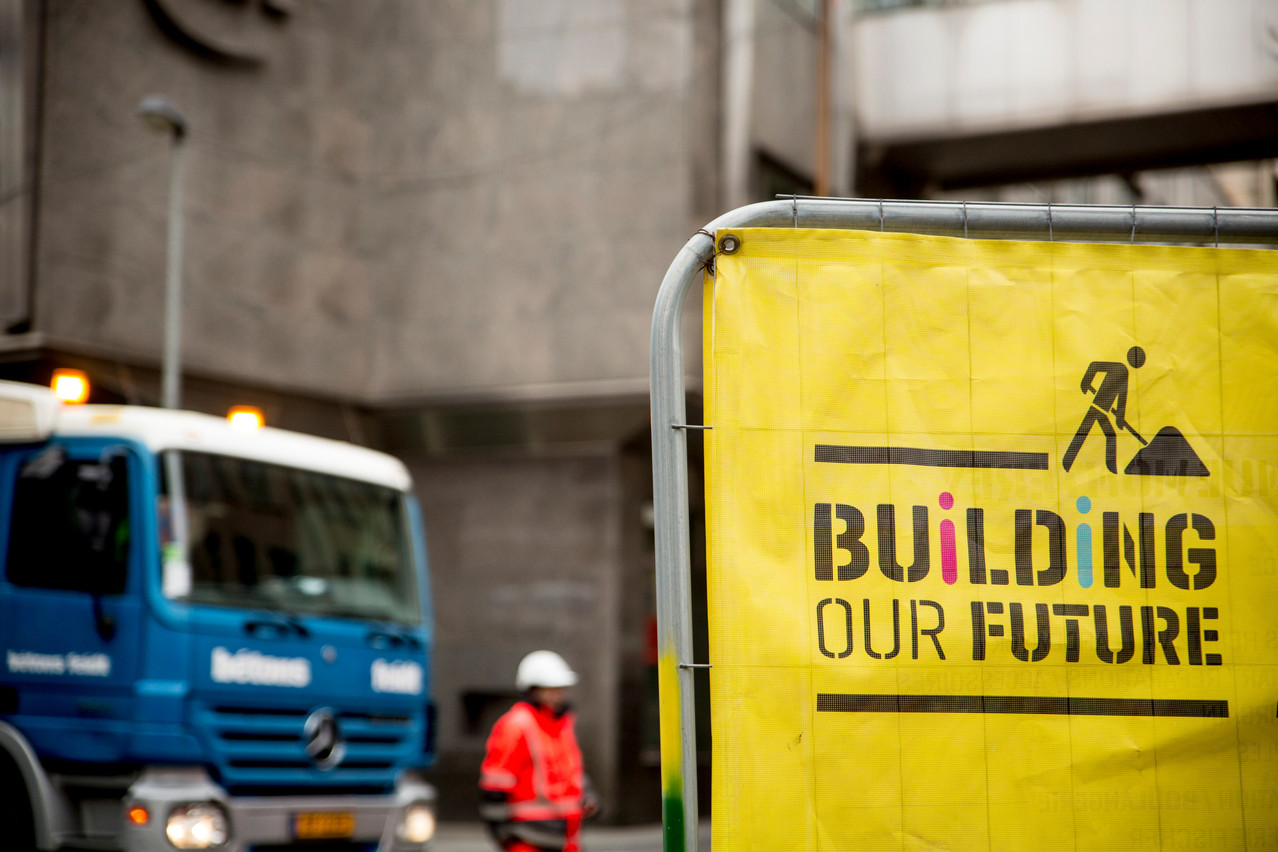For the Chamber of Skilled Trades and Crafts (Chambre des Métiers), the transition to the circular economy could mean big changes in the valuation of the entire industry. This is why the institution is asking that this sector, with 90,000 employees and 7,000 businesses, be involved in the government’s study and action plan designed to help businesses embark on this transition.
In a (French only) published on 23 March, the Luxembourg craft industry underlines the importance of the circular economy for its sector, but asks for specific accompanying measures so that companies--in particular smaller ones--can play an active role in the transition. The organisation proposes new financing tools, technical support and initiatives to facilitate partnerships.
“The craft sector is a real player in the circular economy: it is anchored in the local economic fabric,” says Hanna Meyer, the chamber’s marketing manager. “The sector generates work on a local scale, carries out repairs, energy renovations of buildings and also installs home automation equipment to improve energy efficiency,” she adds.
Rainwater collectors and super-reduced VAT
Meyer also suggests a series of measures to ensure a more efficient use of resources. These include, for example, the obligation to have a rainwater tank for all new single-family houses built in Luxembourg, the application of a 3% VAT on work in housing with a doubling of the current ceiling to €100,000, as well as the introduction of this super-reduced rate for repair services.
The chamber emphasises that it has been interested in the circular economy for years. Indeed, the organisation took part in the various working groups put together as part of the Rifkin process between 2017 and 2019.
The government has committed itself, in its coalition agreement, to promoting the transition to the circular economy. From a study in 2014 to the launch two years later of the third industrial revolution strategy instigated by Jeremy Rifkin, the concept has also returned in the government’s “Ons Wirtschaft vu muer” roadmap, as well as in prime minister Xavier Bettel’s latest state of the nation address. Finally, the European Commission adopted an action plan for the circular economy in March 2020.
This article in Paperjam. It has been translated and edited for Delano.
